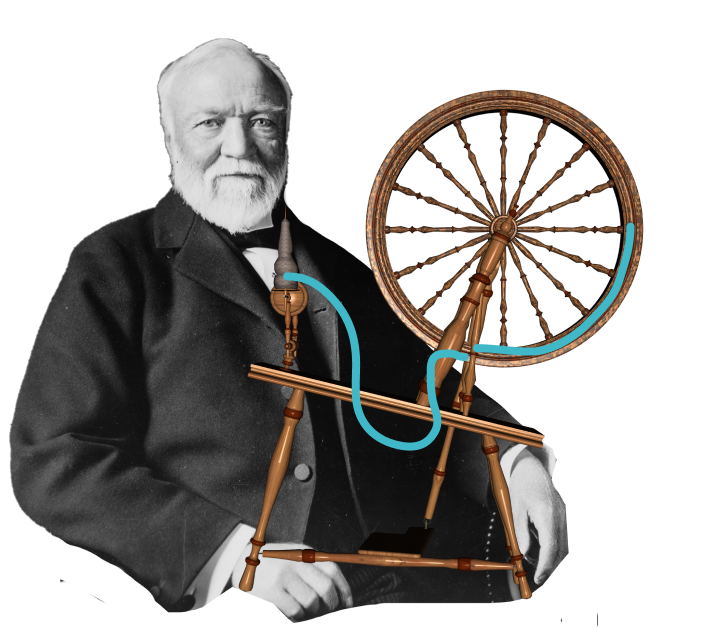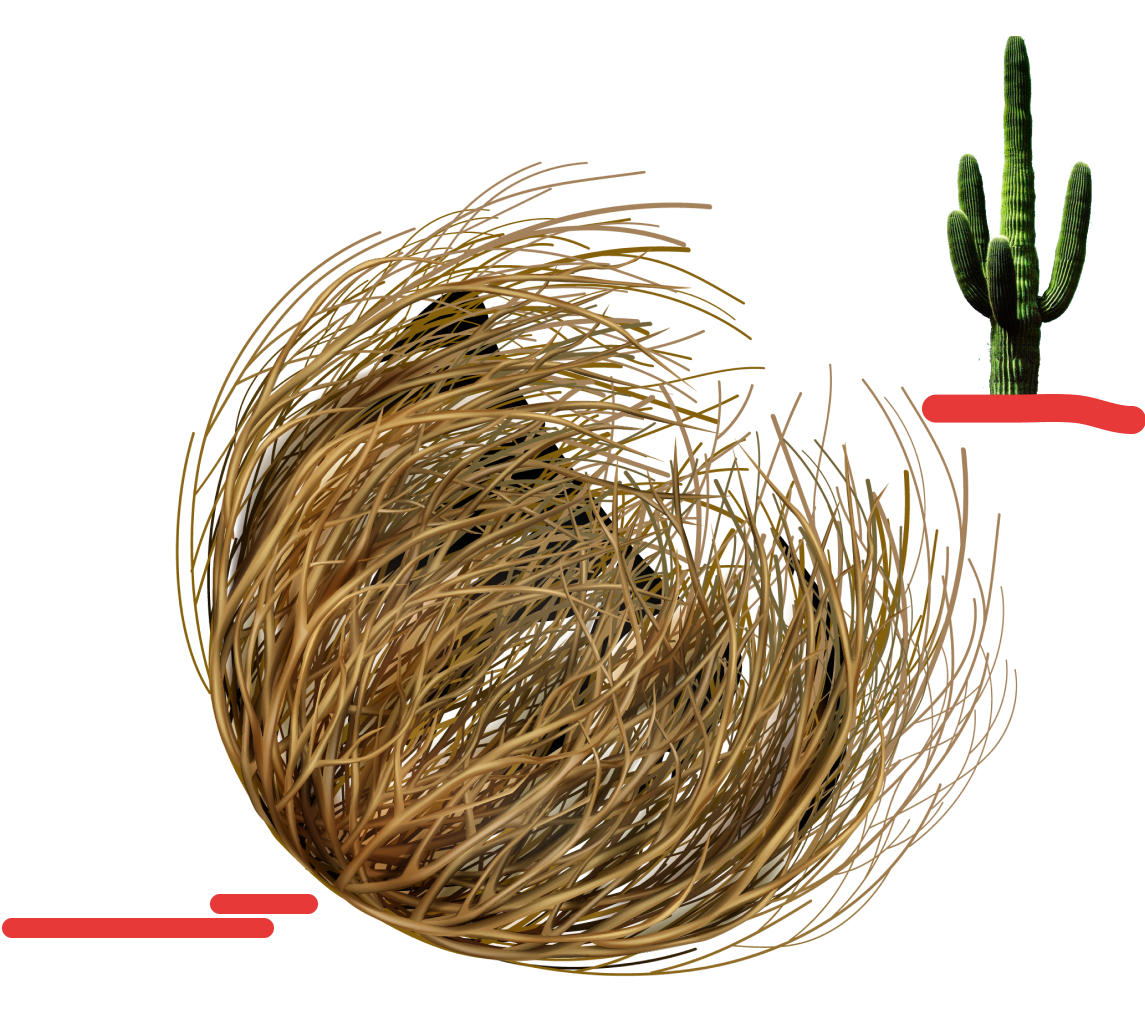Degrees of Comparison of Adjectives in English

About course
Learn more than thirty adjectives and also learn to create degrees of comparison of adjectives in English in one short course. This course will help you understand the grammar and remember all the rules and exceptions. Clear tables, exciting texts and interactive tasks are waiting for you in the course.
-
Level: Beginner
-
25 minutes
- 1 lesson
-
11 tasks
-
Teacher's language: English
-
Interactive exercises
Course program
1 LESSON
Reading. Making a difference
Let’s read the texts and learn new adjectives
Grammar. Degrees of comparison
Let’s learn the rules and exceptions
Tasks
Bonus
Who is this course for
The course is suitable for the elementary level (we do not recommend it for the starter level).
This course will help you if you missed or did not understand this topic in classes or at school.
It will be helpful if you want to revise a topic you have forgotten.
Teachers and tutors can also use this course in their classes.
What will you get after the course
During the course, you will learn new words and one grammar topic. After the course, you will correctly use adjectives and their forms in a sentence. You will memorize all the necessary rules and exceptions in one short course.
-
Level: Beginner
-
25 minutes
- 1 lesson
-
11 tasks
-
Teacher's language: English
-
Interactive exercises
Let's talk about the adjective degrees of comparison. We'll try to understand the peculiarities and tell you about a method on how to learn this topic faster with Booyya.
How to form the adjective degrees of comparison
Most adjectives have 3 forms to describe different degrees of quality:
-
The positive degree is an adjective that describes a feature of a thing, person, or event. This is the main form that we usually learn in English classes in word lists.
-
The comparative degree is used to identify differences between specific objects, people, their actions or characteristics. Generally, the comparative is formed by adding the suffix -er to the main word: fast → faster. With some adjectives, the auxiliary word “more” is also used.
-
The superlative degree helps us compare a large number of items (three or more) with each other, while distinguishing only one of the items in the list by some characteristic. This form allows us to describe the highest level or degree of a feature. The suffix -est is usually used to form the superlative degree of comparison: fast → the fastest. In some cases, it retains its basic form and; therefore, the word “most” is added to it. In English, the article “the” is usually used to form this adjective degree of comparison in a sentence.
Forms of comparison of one-syllable words
One-syllable words consist of only one syllable (e.g. big, rich) and are the easiest to create comparatives from. As it was mentioned above, all you need to do is add the suffix -er or -est to the word. Here comes an example for better understanding:
sad → sadder → the saddest
However, there are a few things you should keep in mind:
-
if the word ends in a consonant sound after a vowel, this consonant is doubled: hot → hotter → the hottest;
-
when a word ends in -e, this letter is lost when forming degrees of comparison: late → later → the latest;
-
if the adjective ends in -y followed by a consonant, this letter should be replaced with -i: easy → easier → the easiest.
Comparison of two-syllable adjectives
In general, the degree of comparison of such words is formed by using the suffixes -er or -est. However, it is just as grammatically correct to use the words more and (the) most for this purpose – the teacher will not give you a lower grade. For example, for the word “crazy”, the forms “crazier” and “more crazy” are both acceptable and have the same meaning. Similarly, you can say “the craziest” or “the most crazy”.
In spoken language, suffixes are more commonly used in comparisons, especially when the word itself is short. The exceptions to this are the short words “quiet” and “simple”, which can be used to create degrees of comparison in both of the above ways.
Three-syllable adjectives in comparison
Comparatives with long words that have at least three syllables should be formed by adding the word “more” or “(the) most”:
comfortable → more comfortable → the most comfortable
If the word is derived from a participle, then “more” and “(the) most” will always be used to form a comparison. We have collected examples of the comparative degrees of such adjectives in English in the table below:
|
A positive form |
A comparative form |
A superlative form |
|
tired |
more tired |
the most tired |
|
caring |
more caring |
the most caring |
|
annoyed |
more annoyed |
the most annoyed |
The “as... as” construction to compare adjectives
In case you forget the rules of comparison we described above, you can simply compare the object/action to something specific, for example, “as inventive as Einstein”. Here is how it can look in English:
-
Sean is as tall as his father.
-
Mia is as pretty as Sara.
-
Paris is as beautiful as London.
Adjectives that cannot be compared
In English, there are words that don’t form comparatives simply because of their meaning. A great example are the “left” and “right”. We can’t say “please hand me the lefter apple” because it’s an incorrect grammatical construction.
There are some more non-comparable words including those which have a perfect form. For example, when we use the adjective “dead”, we can’t say that someone is more dead and someone is a little more alive.
Learn how to create adjective comparison forms in English and their rules with Booyya
Do you want to learn all the most commonly used adjectives in English and the rules for forming their comparative degrees within an hour? You can easily do it with the help of a course from Booyya! Experienced teachers have prepared it for you:
-
more than 30 most common adjectives in English, which will help you build your knowledge base;
-
an interesting and relevant text that will help you not only memorize new words and their meanings, but also learn all the adjective degrees of comparison that we have discussed above;
-
a list of exceptions that you should always keep in mind;
-
exercises to train your ability to form different degrees of comparison in English from the basic form of an adjective;
-
tables for easy revision of the material.
Practice shows that you can complete the entire lesson in 40 minutes. However, we recommend that you return to it every now and again to consolidate your knowledge in your long-term memory. Thanks to the interesting text and interactive exercises, you will definitely enjoy it.
- access to all 202 English courses on the platform, except for the English PRO series
- 2 - 4 new courses every month
- exclusive access to SUBSCRIPTION ONLY courses
- access to the Smarte+ - smart online tool for English practice
- unlimited studying for the selected period
- access to self-study English plans


















.png)

